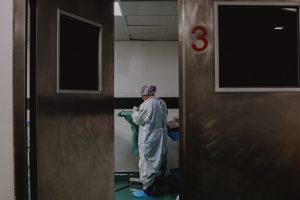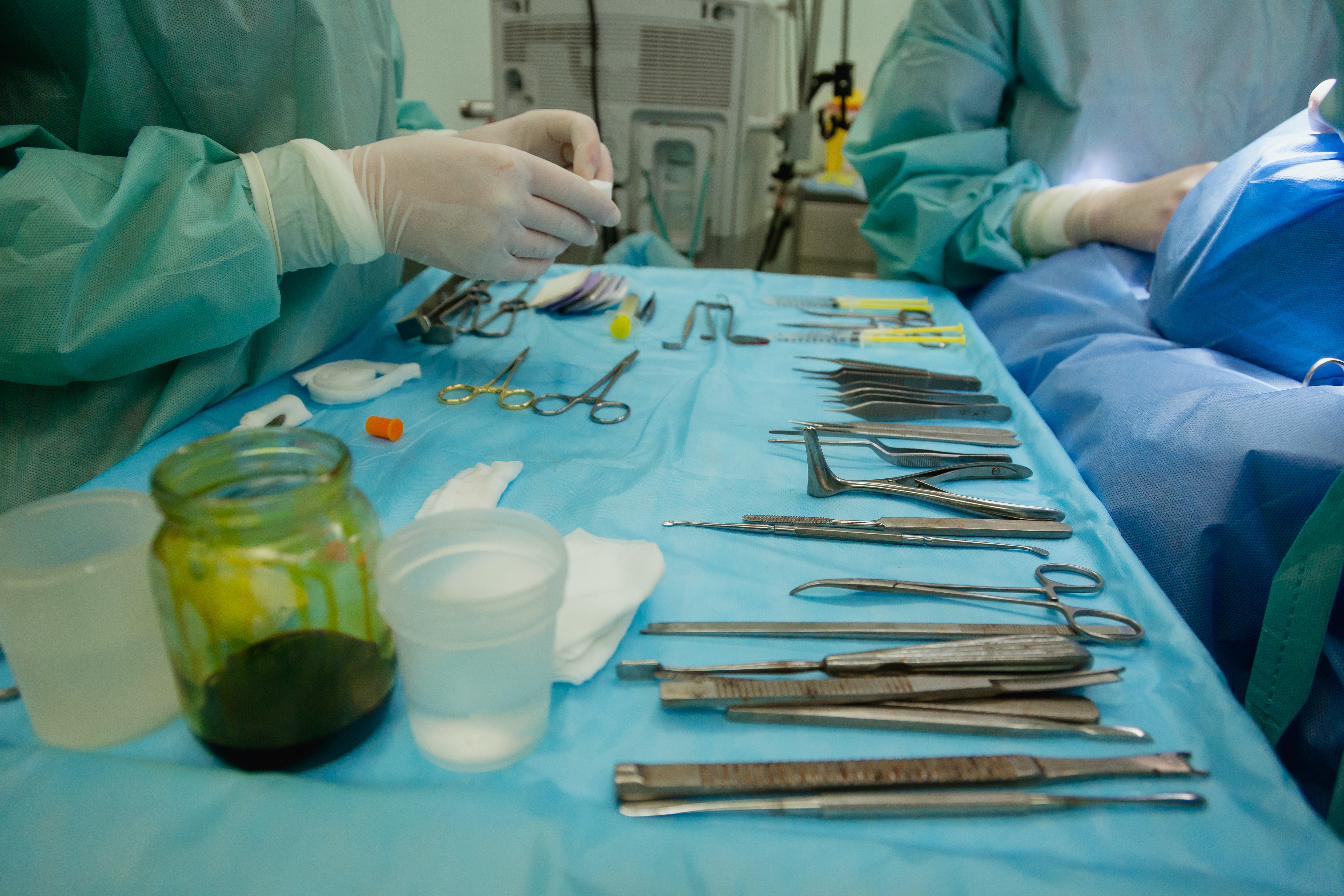Anti-corruption advocate Alexei Navalny is in an intensive care unit after being poisoned.
Russian political opposition figure and anti-corruption advocate Alexei Navalny has been left unconscious in an intensive care unit after a suspected poisoning, announced spokesperson Kira Yarmysh. Navalny, a vocal critic of Russian President Vladimir Putin, became violently ill on a flight back to Moscow from Tomsk, Siberia. Yarmysh said Navalny, 44, “drank tea that appeared to have been laced with a toxin.” He has been placed on a ventilator and is currently begin hospitalized for suspected poisoning in Omsk, where his plane made an emergency landing, and is in “grave condition.”
Navalny has been in and out of incarceration over the years for his activism against Russia’s long-standing leader. He has organized nationwide protests against Putin, whose administration he has described as “full of crooks and thieves” who are “sucking the blood out of Russia.”

In 2019, Navalny alleged he was poisoned while serving time in jail. Doctors indicated he had a “severe allergic reaction to an unknown substance,” which left Navalny partially blind in one eye. A Putin supporter and activist also reportedly attacked him with a chemical in 2017. And, in 2018, Navalny tried to run for office against Putin, but was convicted of fraud – a conviction that he said was politically driven – and barred from the election.
Many of Putin’s opponents have met their demise in violent or suspicious circumstances. The British government concluded that Russian military agents were behind the 2018 poisoning of former Moscow spy Sergei Skripal and his daughter Julia with Novichok. British authorities also concluded Alexander Litvinenko, another former spy, was poisoned to death in a London hotel in 2006. Anna Politkovskaya, an investigative journalist, was the victim of homicide in 2006. Boris Berezovsky, an oligarch and Putin’s former right hand, was found hanged just outside of London in 2013. Russian opposition activist Vladmir Kara-Murza, a member of the pro-democracy group Open Russia, believes he survived poisoning attempts in 2015 and 2017. A laboratory confirmed elevated levels of mercury, copper, manganese and zinc in his blood, and Kara-Murza nearly died both times.
In 2018, Nikolai Glushkov was found strangled in his home near London. At the same time, his name was on the top of an extradition list of 51 Russian citizens that Moscow described as “fugitives from justice” but “welcome” in Britain. That same year, Petr Verzilov, a member of the feminist performance art protest group Pussy Riot, was the victim of a nearly fatal poisoning with an unknown substance. Earlier in 2020, two Russian physicians died, and another was seriously injured, in mysterious falls from hospital windows.
Kremlin spokesperson Dmitry Peskov said Russian law enforcement would launch an investigation if the poisoning is confirmed. Yarmysh is already convinced.
She said, “This is Putin. Whether he gave the order or not, the fault lies entirely with him.”
“Unfortunately, the nature of these things in Russia is that the poisoning could have just as likely been committed by an agent of the state as by some ill-wisher doing what (this person) thinks the state wants without the government ordering or even knowing of the attack,” said Anna Arutunyan, an independent analyst and author of “The Putin Mystique.” She added, “If the government was not involved, then its inability or lack of will to hold attackers accountable for past poisonings creates a culture where these kinds of things become possible – a culture beyond government control, which is just as bad.”
Sources:
Medical evacuation flight carrying comatose Putin critic Alexei Navalny arrives in Germany
Comatose Russian dissident Alexey Navalny arrives at Berlin hospital


Join the conversation!